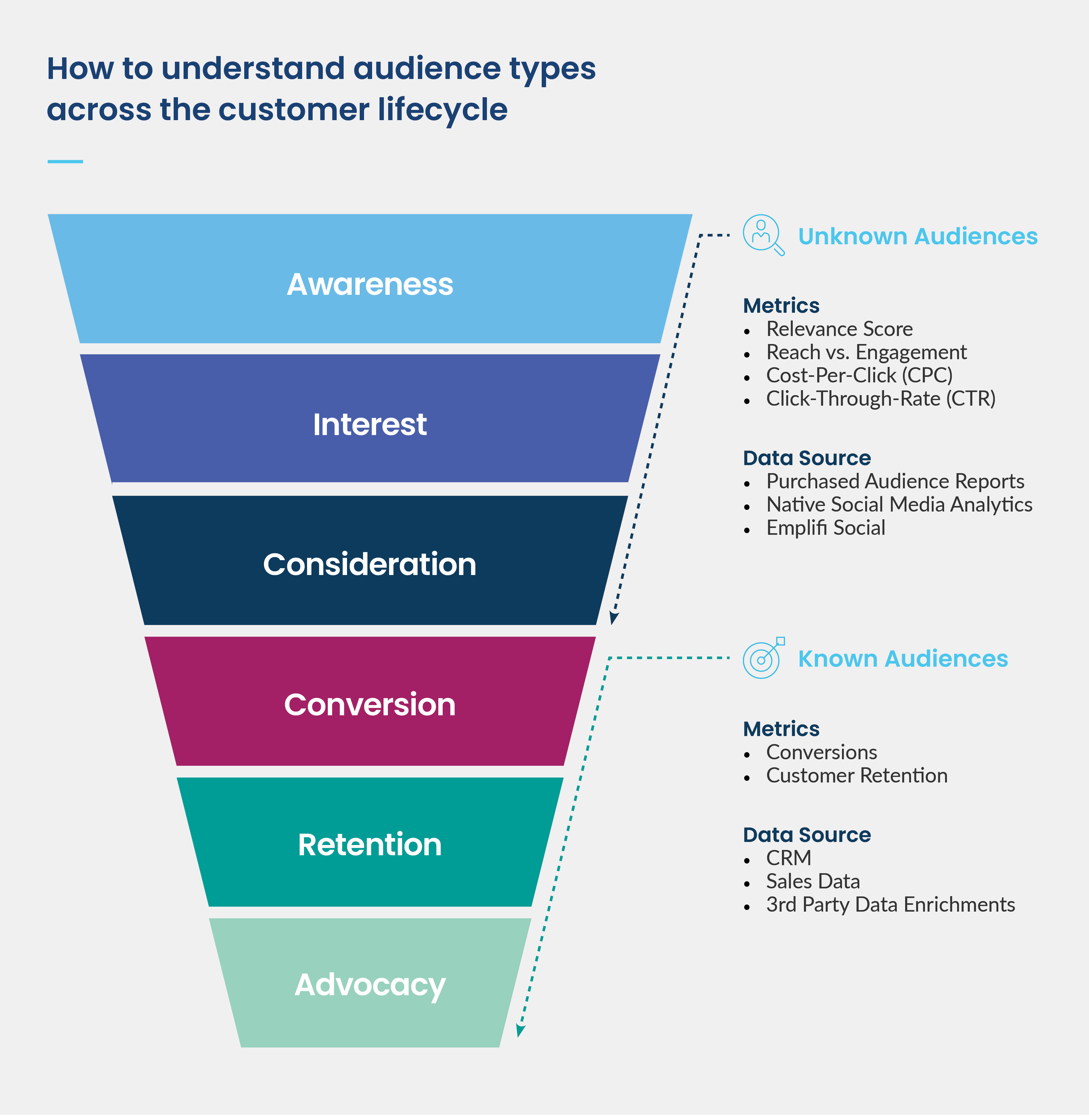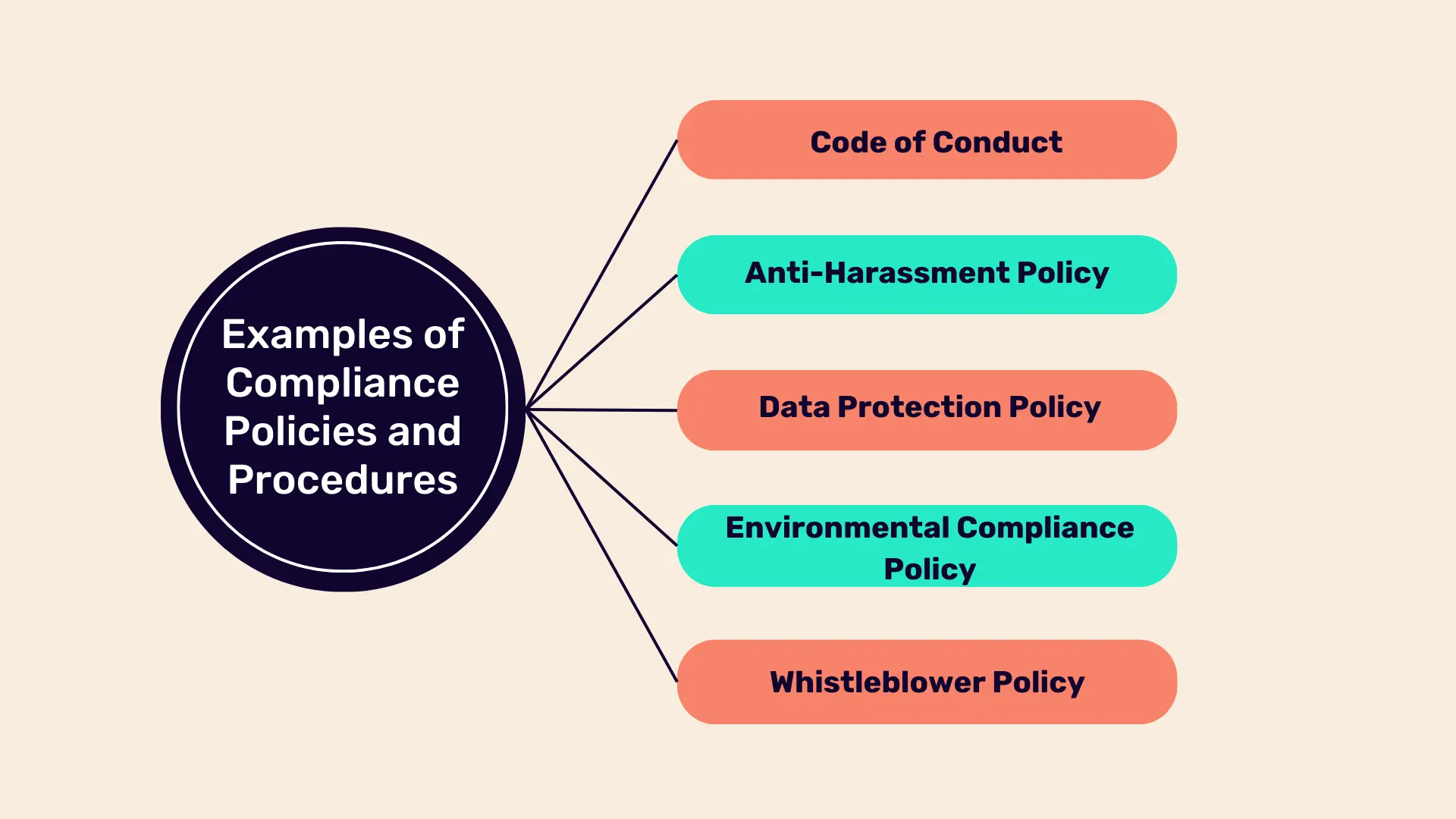
The Unfolding Century: Navigating Humanity’s Grand Challenges and Interconnected Opportunities
The 21st century unfolds as a tapestry woven with threads of unprecedented complexity and boundless potential. Far from a linear progression, humanity finds itself at a pivotal juncture, grappling with an array of interconnected challenges that demand immediate, concerted global action. Simultaneously, an explosion of innovation and deeper understanding of our world presents unparalleled opportunities for progress. This era calls for a profound re-evaluation of our systems, values, and collective destiny, moving beyond siloed problems to embrace a holistic understanding of our shared future.
Climate Change: The Overarching Imperative
Perhaps no challenge looms larger or with greater urgency than climate change. The scientific consensus is unequivocal: human activities are driving rapid alterations to Earth’s climate system, with far-reaching consequences for ecosystems and human societies. Global temperatures continue to rise, fueling more frequent and intense extreme weather events – heatwaves, droughts, floods, and superstorms – that devastate communities, displace populations, and cripple economies. The melting of polar ice caps and glaciers contributes to rising sea levels, threatening coastal cities and small island nations with inundation. Biodiversity loss, driven by habitat destruction and climate shifts, undermines the very natural systems that sustain life.
As UN Secretary-General António Guterres starkly put it, "We are on a highway to climate hell with our foot still on the accelerator." The imperative for decarbonization is paramount. Transitioning to renewable energy sources like solar, wind, and geothermal power is no longer merely an option but an economic and ecological necessity. Innovations in carbon capture, sustainable agriculture, and circular economy models offer pathways to mitigate emissions and adapt to a changing climate. However, these technological solutions must be coupled with political will, international cooperation, and a fundamental shift in consumption patterns. The battle against climate change is not just an environmental one; it is a battle for food security, water access, public health, and global stability.
The Technological Revolution and Its Ethical Labyrinth

While the planet warms, the digital realm expands at an exponential rate, ushering in a technological revolution that promises to redefine human existence. Artificial Intelligence (AI), quantum computing, biotechnology, and advanced robotics are no longer the stuff of science fiction but emerging realities. AI, in particular, is poised to transform every sector, from healthcare and finance to transportation and education. It offers incredible potential for solving complex problems, accelerating scientific discovery, and enhancing human capabilities. For instance, AI algorithms are already proving invaluable in drug discovery, materials science, and climate modeling.
However, this technological frontier also presents a complex ethical labyrinth. Concerns over job displacement due to automation, the potential for autonomous weapons systems, the amplification of bias in algorithms, and the erosion of privacy through pervasive surveillance are profound. The rise of deepfakes and sophisticated disinformation campaigns poses a direct threat to democratic processes and social cohesion. Genetic engineering, while offering the promise of eradicating hereditary diseases, raises fundamental questions about human identity and the very definition of life. "The challenge with AI," notes Dr. Kai-Fu Lee, a prominent AI expert, "is not just about building smarter machines, but about ensuring they serve humanity’s best interests." Navigating this future requires robust ethical frameworks, global regulatory cooperation, and a societal commitment to ensuring technology serves as a tool for empowerment and equity, not division and control.
Geopolitical Shifts and the Fragility of Cohesion
Beyond environmental and technological shifts, the very fabric of human society is undergoing profound transformation, marked by significant geopolitical realignments and growing social fragmentation. The post-Cold War unipolar moment has given way to a multipolar world, characterized by rising powers, renewed great power competition, and a fracturing of international norms. Economic nationalism, protectionism, and a retreat from multilateral institutions threaten to undermine decades of progress in global cooperation. Regional conflicts persist, fueled by historical grievances, resource scarcity, and proxy interventions, leading to immense human suffering and humanitarian crises.
Internally, many nations grapple with deepening social divides. The rise of identity politics, exacerbated by economic inequality and the spread of misinformation through digital channels, has led to increased political polarization and a decline in civil discourse. Migration, driven by conflict, climate change, and economic disparity, presents both humanitarian challenges and opportunities for cultural enrichment, yet often becomes a flashpoint for xenophobia and social tension. "The erosion of trust in institutions and the fragmentation of shared narratives pose a significant threat to global cooperation and mutual understanding," observes Dr. Helena Richter, a political sociologist. Rebuilding trust, fostering inclusive governance, and strengthening democratic institutions are crucial for navigating this turbulent geopolitical landscape and ensuring peaceful coexistence.
Public Health and Global Resilience
The COVID-19 pandemic served as a stark, global reminder of humanity’s interconnectedness and its vulnerabilities. It exposed critical weaknesses in global health infrastructure, highlighted vast inequities in access to healthcare and vital resources, and underscored the devastating economic and social toll that a novel pathogen can exact. Beyond the immediate crisis, the world faces a spectrum of enduring public health challenges. Antimicrobial resistance (AMR), for instance, threatens to render many modern medicines ineffective, potentially sending medicine back to a pre-antibiotic era. The burden of non-communicable diseases (NCDs) like heart disease, cancer, diabetes, and chronic respiratory illnesses continues to rise globally, driven by lifestyle factors, aging populations, and environmental pollutants.
Perhaps most critically, the pandemic brought mental health to the forefront. Lockdowns, economic uncertainty, and social isolation led to a surge in anxiety, depression, and other mental health conditions worldwide. The World Health Organization (WHO) estimates that nearly 1 billion people worldwide live with a mental disorder, yet access to mental healthcare remains woefully inadequate in many regions. Building global health resilience requires sustained investment in research and development, strengthening public health surveillance systems, ensuring equitable access to vaccines and treatments, and prioritizing mental well-being as a fundamental component of overall health. It also demands a "One Health" approach, recognizing the intricate links between human, animal, and environmental health in preventing future zoonotic spillover events.
Economic Transformation and Sustainable Development

Underpinning these multifaceted challenges is the urgent need for a fundamental rethinking of our economic models. The prevailing paradigm of endless growth on a finite planet is increasingly unsustainable. Resource depletion, from critical minerals to freshwater, poses a direct threat to industrial and agricultural productivity. Automation and AI are poised to reshape labor markets dramatically, potentially leading to widespread job displacement in certain sectors while creating new opportunities in others. This demands robust social safety nets, lifelong learning initiatives, and a re-evaluation of the very concept of work.
Wealth disparity, both within and between nations, continues to be a destabilizing force, fueling social unrest and hindering collective action. The pursuit of the United Nations Sustainable Development Goals (SDGs) – encompassing poverty eradication, zero hunger, quality education, gender equality, and sustainable cities, among others – remains a crucial roadmap for inclusive and equitable development. As economist Kate Raworth argues with her "Doughnut Economics" model, the goal should be to meet the needs of all within the means of the planet, ensuring a safe and just space for humanity. This necessitates a transition to a circular economy, prioritizing regeneration, reuse, and waste reduction. It also requires innovative financing mechanisms to bridge the investment gap for climate action and sustainable infrastructure in developing nations.
The Path Forward: Interconnected Solutions
The journey through the 21st century is not a series of isolated sprints, but a complex marathon requiring collective ingenuity, empathy, and foresight. The challenges of climate change, technological disruption, geopolitical instability, public health crises, and economic inequality are not separate entities; they are deeply intertwined, each influencing and exacerbating the others. A warming climate fuels migration and resource conflicts; technological advancements offer tools for addressing global health crises but also create new ethical dilemmas; economic disparities exacerbate social fragmentation and hinder collective action on environmental fronts.
Humanity stands at a critical juncture, with the capacity to either succumb to these pressures or to harness its collective intelligence and moral courage to forge a more resilient, equitable, and sustainable future. This demands unprecedented levels of global cooperation, a commitment to evidence-based decision-making, and the cultivation of an ethical framework that prioritizes long-term well-being over short-term gains. It requires investing in education, fostering critical thinking, and promoting inclusive dialogue across divides. The challenges are immense, but so too is the human capacity for innovation, empathy, and transformation. The unfolding century is not merely a test of our resilience, but a profound opportunity to redefine what it means to be human in an interconnected world.


